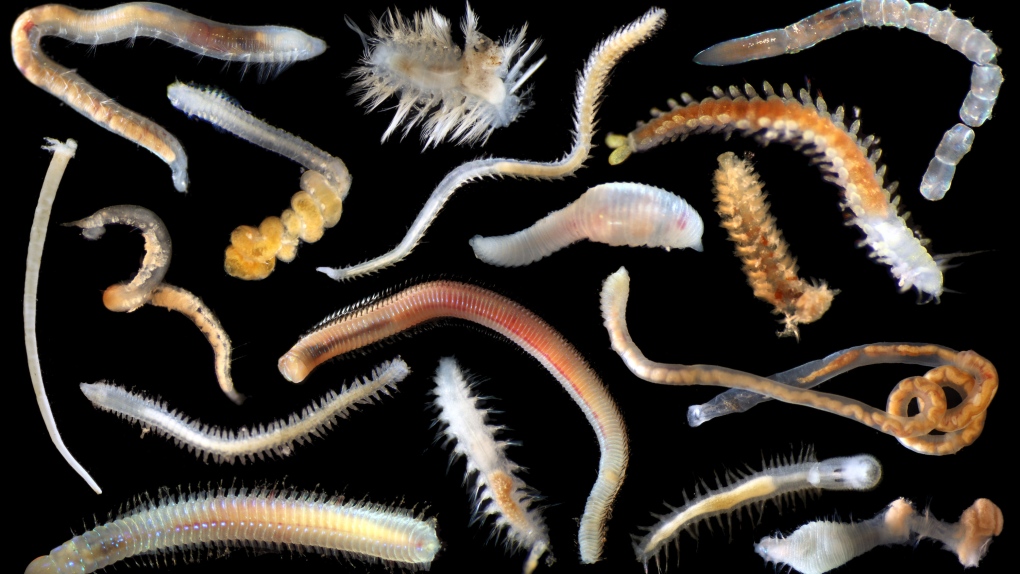More than 5,000 new species have been discovered at an expansive future deep-sea mining site in the Pacific Ocean.
Known as the Clarion-Clipperton Zone (CCZ), the mineral-rich site stretches six million square kilometers from Mexico to Hawaii. About twice the size of India, the CCZ has already been carved up into mining claims for future exploitation, with companies eager to harvest abundant deposits of key battery materials like manganese and cobalt that are located 4,000 to 6,000 metres below the surface.
To better understand what could be at risk once mining begins, a team of biologists led by London's Natural History Museum sought to survey the region's biodiversity. Of the 5,578 species they identified, approximately 90 per cent were entirely new to science.
"We share this planet with all this amazing biodiversity, and we have a responsibility to understand it and protect it," lead author and Natural History Museum deep-sea ecologist Muriel Rabone said in a news release last week.
The team compiled a list of all species found in previous studies of the region, and also embarked on their own research expeditions to survey the ocean floor. Using techniques like remote-controlled vehicles and box core sampling, which is basically a box that scoops up material from the seafloor, they collected over 100,000 records of creatures of the deep from this largely untouched underwater wilderness.
“It's a big boat, but it feels tiny in the middle of the ocean,” Rabone said of the research cruises. “And it was amazing—in every single box core sample, we would see new species.”
The most common types of animals were arthropods, echinoderms, worms and sponges. Newly discovered species included what's known as the "gummy squirrel," a gelatinous-looking sea cucumber with a large tail-like protrusion. Only six species have been seen elsewhere in the ocean.
"Some of the sponges look like classic bath sponges, and some look like vases. They’re just beautiful," Rabone said. "One of my favorites is the glass sponges. They have these little spines, and under the microscope, they look like tiny chandeliers or little sculptures."
The peer-reviewed study, which includes images, was published in the journal Current Biology last week.
The UN-affiliated International Seabed Authority, which was created to regulate mining in international waters, begins accepting applications to exploit the CCZ in July. Commercial deep-sea mining, which is still in an exploratory phase, would collect potato-sized deposits known as "polymetallic nodules" that can be found on and just under the region's seabed.
"There are so many wonderful species in the CCZ, and with the possibility of mining looming, it’s doubly important that we know more about these really understudied habitats," Rabone said.
While companies and countries like China and the U.S. pursue deep-sea mining, others like France, Chile and Canada have called for moratoriums or bans in their waters over environmental concerns.
With files from Reuters






































